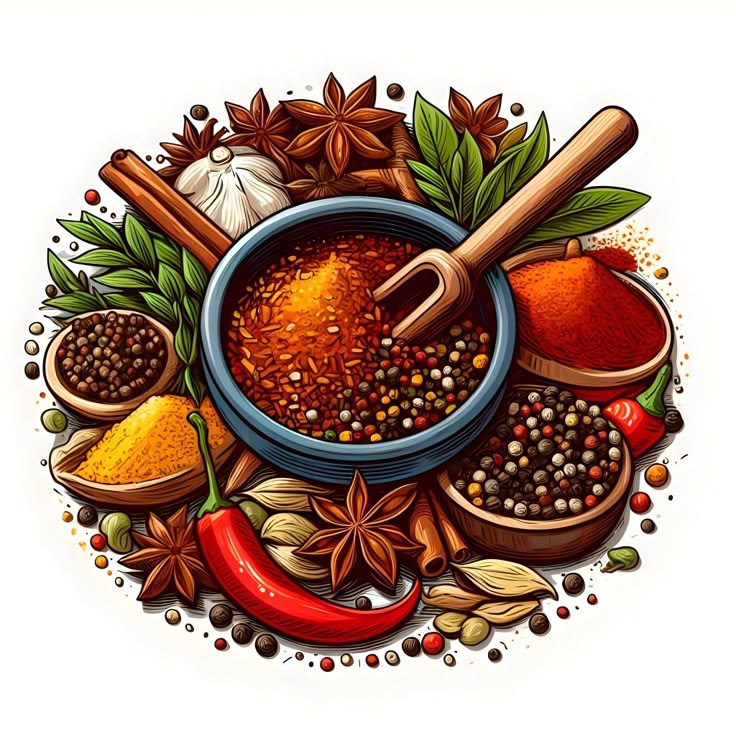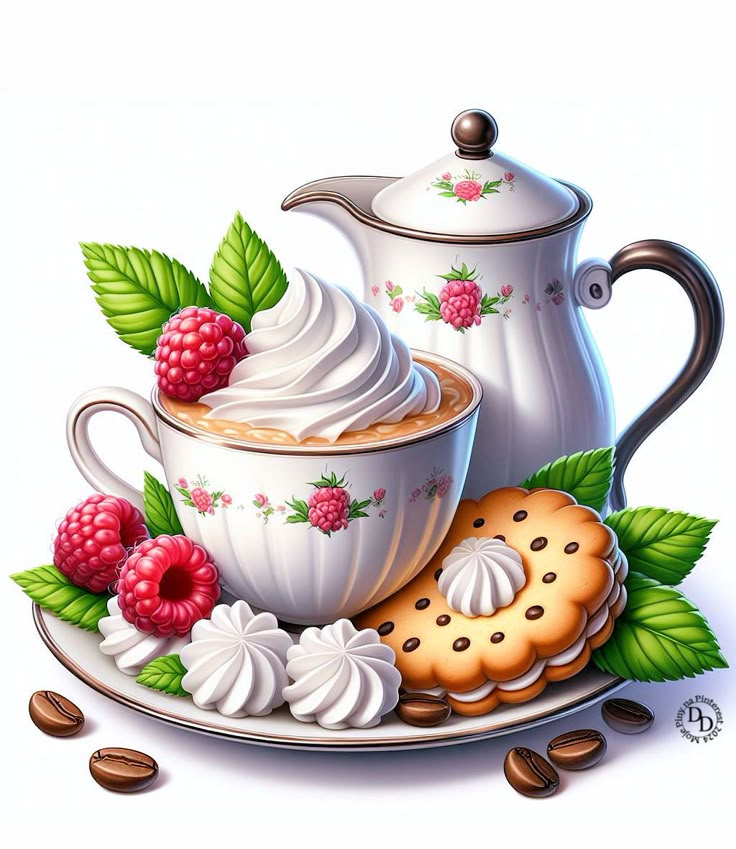Hot chocolate, a beloved beverage enjoyed worldwide, boasts a rich history that dates back thousands of years—perhaps much longer than you might imagine. The ancient Maya and Aztec civilizations are credited as the pioneers of this delightful drink. Initially, hot chocolate played a significant role in religious ceremonies, including weddings, underscoring its cultural importance.

The term “chocolate” itself is derived from the Nahuatl word “xocolatl,” which translates to “bitter water.” This beverage was traditionally prepared by grinding cocoa beans into a paste, mixing it with water, and adding spices like chili peppers. Unlike the sweet version we savor today, early hot chocolate was a frothy, bitter concoction believed to possess invigorating properties.

As time progressed, European explorers encountered this exotic drink and introduced it to their homeland. The recipe evolved, incorporating sugar and milk to suit European palates, eventually leading to the sweet, comforting hot chocolate we cherish today.

From its sacred origins in ancient Mesoamerican rituals to its current status as a global comfort beverage, hot chocolate’s journey through history is as rich and complex as its flavor.